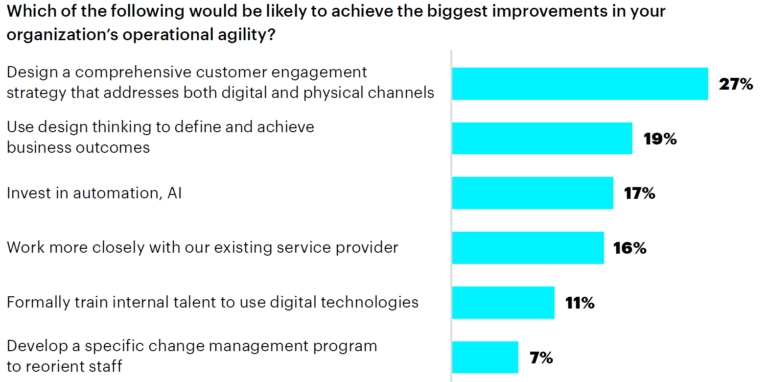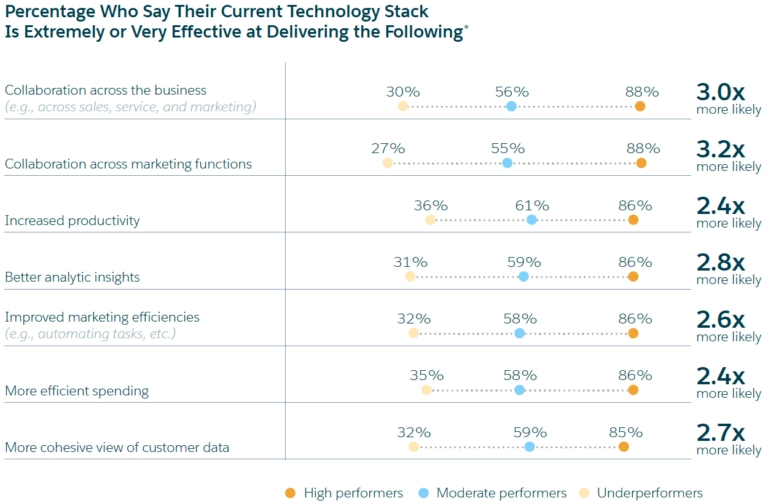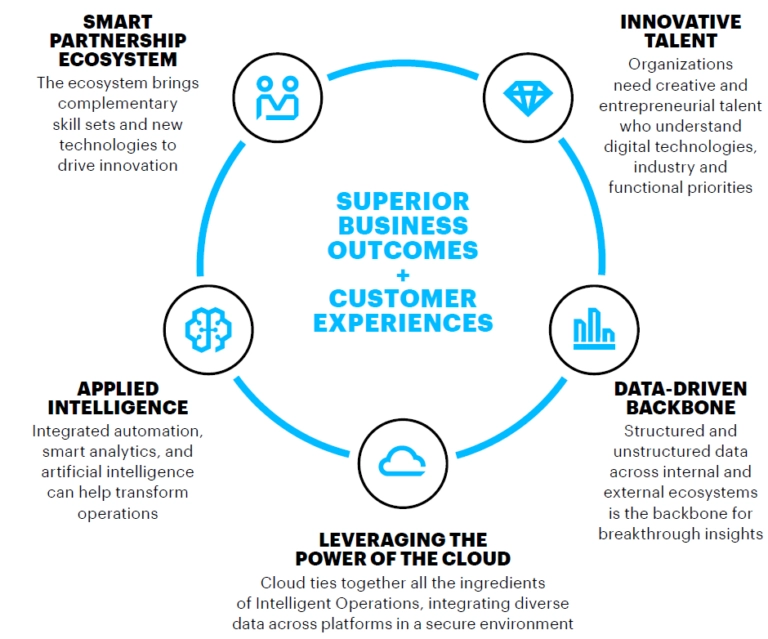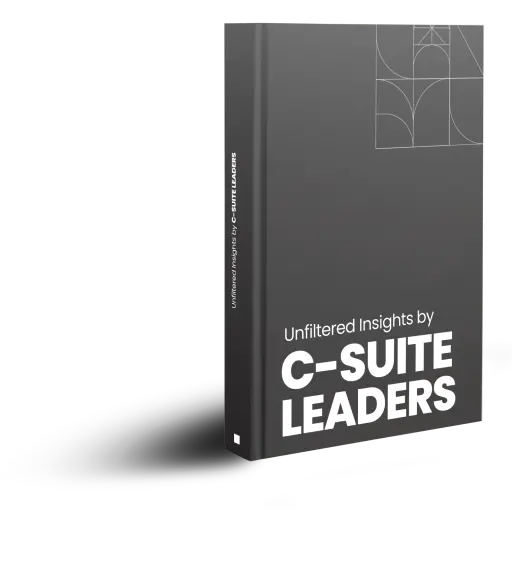
Introduction to Marketing Automation
According to the Salesforce State of Marketing report for 2018, 44% of marketing leaders use a marketing automation platform and another 42% plan to use one within the next two years. As such, you are in good company to get onboard with marketing automation.
The main reason for getting onboard with marketing automation is the fact that organizations of all sizes are constantly inundated with information from a growing number of consumer devices and a variety of digital marketing channels.
Marketing automation platforms allow marketers to manage multi-touch buyer platforms that are becoming increasingly complex.
Additionally, marketing automation tools like Pardot, HubSpot and Active campaigns allow marketers to deal with increasing ROI pressures and to manage challenging marketing dynamics in a business environment that is always in flux.
Although email marketing is the core capability of any B2B marketing automation platform, the available tools in this area are continually evolving to also provide integrated marketing capabilities that allow for campaign development, multi channel data collection and storage, and ROI reporting and analysis.
Practically every marketing automation platform provides three primary capabilities including:
- Email marketing,
- A centralized marketing database, and
- Website visitor tracking
Different platforms then differentiate themselves by delivering added tools and functionality to include social media, lead generation, analytics, and other add-ons to offer advanced functionality ranging from a base-priced package to a premium-priced package. That said, ultimately, a marketing automation platform is meant to empower marketers to build, manage and monitor inbound marketing campaigns with the core purpose of increasing revenue while refining workflows.
In this blog post, you shall find out what you should expect with your marketing automation platform (including some benefits and challenges), some tips to maximize the use of your marketing automation platform and finally, best practices that should help you to streamline and scale your marketing automation.
A Synopsis of the Benefits And Challenges of B2B Marketing Automation
Regardless of your business’s marketing sophistication or size, marketing automation will benefit you in the following ways:
- Enhanced marketing efficiency and ROI improvement
- An enhanced understanding of ROI and proving marketing ROI
- Enhanced measuring of performance to identify what’s working and what’s not working
- Increased ability to not only generate more leads but more importantly highly qualified leads
- Enhanced personalization and marketing segmentation
- Optimizing overall productivity
- Improvement of the customers’ experience
- Gain a multi-channel view of the buyer’s journey and prospect behavior
- Improved lead nurturing and conversion
- Improved alignment between sales and marketing

Figure 1: What makes top marketers tick
It would be irresponsible to mention the benefits without talking about some of the challenges that you may come across when using your marketing automation platform.
Although these challenges will vary from platform to platform and from user to user, generally, some of the challenges you are likely to face are as follows:
- Marketing and/or sales teams may resist marketing automation in favor of the status quo
- A steep learning curve that may impede adoption and efficient use of the platform
- Under utilization of all the platform features due to poor on boarding and amplified time taken to initially set-up and implement the platform to meet the user’s specific needs
Tips to Maximize the Use of Your Marketing Automation Platform
Below are some useful tips that will help you to unlock the full capabilities of your chosen marketing automation platform.
1. Segment Your Market
B2B market segmentation allows you to send targeted messages or content to your contacts based on their engagement and interests. For emails, the result will be a higher open rate, higher engagement rate and seamless conversion of prospects into customers.
Even if your prospects do not become your customers right away, they will turn to you when they need help, which provides you with opportunities for doing business with them down the line.
2. Create Content
Marketing automation platforms are useful for pointing you in the right direction for who to communicate with, when to communicate with them, and then send the messages at the right time. What that leaves for you to do is to actually create the content in the first place.
If you concentrate on creating the right content for your workflows, you will find that your marketing automation platform performs a lot better by enhancing your conversion rates even more. The type of material that you can create can range from eBooks, email content, blog posts, and whitepaper syndication to webinars, infographics and other visual content.
An critical point to note is that your content or messages need to be personalized even though a professional tone is generally expected. Avoid your message or content sounding machine-like.
3. Have Realistic Expectations and Be Consistent
Having realistic expectations about your efforts is crucial if you are going to sustain the work ahead of you. As such, using design thinking to define (and achieve) business outcomes, coupled with a high level of consistency, will not only ensure that you produce a holistic customer experience but that you achieve overall success with your inbound marketing strategy. Realistic expectations for the potential of your marketing automation platform should be based on your industry, the size of the sale or B2B buyer, and your specific business.

Figure 2: The importance of a holistic customer experience journey
4. Automate Repetitive Tasks
The best candidates for automation are tasks that are repetitive. Automating such tasks will not only save you a lot of time but will often ensure that jobs are performed better than what a human might be able to do. Essentially, your marketing automation platform can be done without human error and at a much efficient and faster pace. Some of the tasks you might think about automating include updating your CRM, sending trigger-based emails, nurturing prospects based on their persona, etc.
When automating, it is also important to consider how you can integrate your other platforms, so that you can automate repetitive tasks in your entire marketing technology stack.

Figure 3: High performing marketers rely on their technology stack for collaboration and productivity
5. Automatically Score Leads and Notify Sales Teams
Marketing automation is immensely powerful when used together with lead scoring. By assigning lead scores, especially for long sales cycles, you will know precisely when, and who you need to follow up on based on their interest in your business. The marketing automation platform can notify you about who to follow up on and when it is best to do so based on different triggers such as engagement in messaging, visits to your website, behavior on the website and so on.
6. Monitor and Analyze to Reduce Churn Rate
By monitoring data and gathering insights from your marketing automation platform, you can easily find out prospects/leads that are losing interest and those failing to renew subscriptions or make additional purchases. These insights can help you identify gaps in addressing customer needs and therefore equip you to reduce churn rates.
Best Practices to Streamline and Scale Your Marketing Automation
Here are some best practices that will help with your B2B marketing automation platform:
- Identify SMART goals (specific, measurable, action-oriented, realistic, timely) that the marketing automation platform will assist with, in achieving your overall business goals.
- Segment your market and define buyer personas. One useful tool that you can use is Google Analytics Cohort Analysis Report.
- Map workflows that reflect your buyer personas journey
- Create high-quality, personalized content for each stage of the buyer’s journey
- Capture relevant lead data
- Develop and refine a lead scoring model that will identify who to engage and when to engage them
- Integrate your MarTech
- Align sales and marketing
- Monitor and analyze data using your marketing automation platform.

Figure 4: The five essentials of intelligent operations
Conclusion
By understanding the benefits you can get from your marketing automation platform, in the scope of your overall business goals, as well as the types of challenges that you are likely to face, you will be able to take the right actions that will allow you to succeed. Of course, you should additionally make sure to contact your marketing automation vendor to provide you with any additional assistance you may need to appreciate the nuances of your chosen marketing platform.
Our blog
Latest blog posts
Tool and strategies modern teams need to help their companies grow.

Modern business success depends on more than just acquiring new customers because sus...

Generative AI in B2B marketing represents more than a passing trend because it active...

Personalization functions as the vital foundation for executing B2B marketing effecti...





